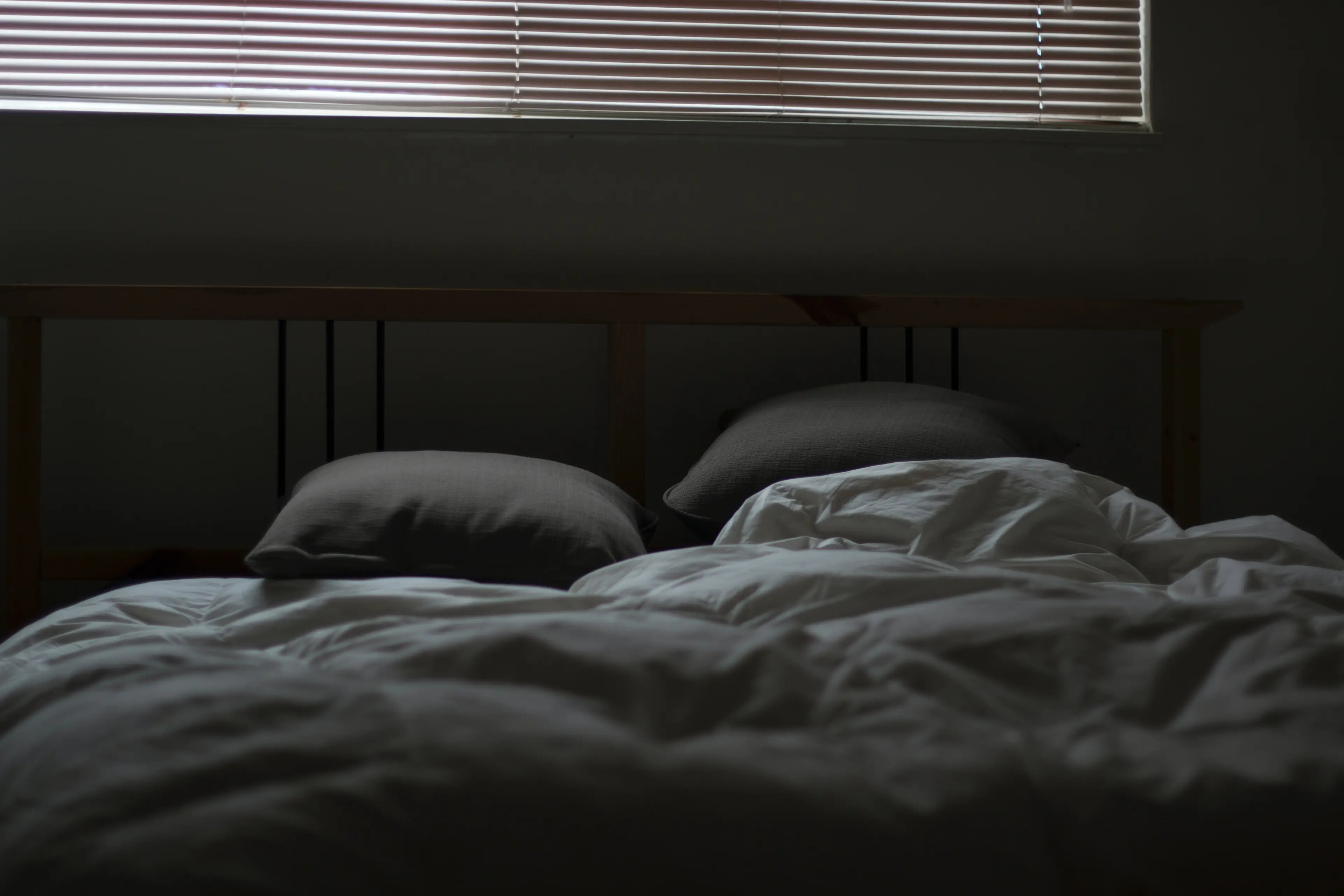
Whether its your partner's snoring which could be easily mistaken for a chainsaw rather than a human being, anxious thoughts that just wont go away or a child looming over you at the crack of dawn to tell you they've been sick - there's lots of reasons why people might struggle to get some proper shut eye.
But luckily, there are things you can do to help - for instance, stopping scrolling on TikTok right before bed or, yano, avoid necking a coffee in the evening.
Lots of those things probably aren't news to you, but experts are now urging people to make this one change to their sleep that's backed by science.
Advert
Although, it may not be so simple for everyone.
Basically, it's all about getting into a proper routine and going to bed at the same time every night. And this doesn't just mean work nights - it includes weekends and holidays, too.
It goes without saying that this is easier said than done - especially for those who work shifts or have children - but the science behind it all is actually really interesting.
It all centres around your circadian rhythm - something you may know better as your 'body clock' - that's found in the part of the brain within the hypothalamus called the suprachiasmatic nucleus (SCN).
Part of its job is to coordinate the sleep-wake cycle by responding to light detected by the retina in the eyes.

When it detects it’s daytime, production of the hormone melatonin is suppressed, and only starts to rise again in the evening as light levels hitting the retina drop.
And of course, the longer we're then awake for, the stronger our sleep drive becomes.
So what does all this have to do with having a set sleeping time?
Well, for most adults - discounting those with actual sleep disorders or those experiencing jet lag - the circadian rhythm and sleep drive combine to make us feel sleepy in the evenings, and having a set sleeping and waking schedule works with this natural process rather than against it, hence promoting better kip.
Plus, disruption to our internal body clock is known to have all sorts of negative impacts on your health and mood, including lower immunity and depression.

Experts recommend having a period of relaxation before your set bedtime - no, that doesn't include lying there staring at Instagram or deep diving some random piece of true crime.
The NHS says people can unwind by reading a book, listening to relaxing music or a podcast, or even trying their hand at some sleep meditation.
It could also be an idea to invest in some earplugs if your partner's snoring is making your bedroom sound like a building site.
Don't be tempted to go back to your old ways if you don't notice improvements straight away, though, because any changes to routine can take time to have an effect.
Happy sleeping!
